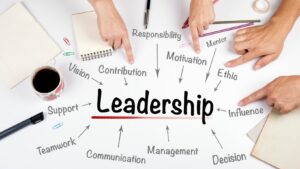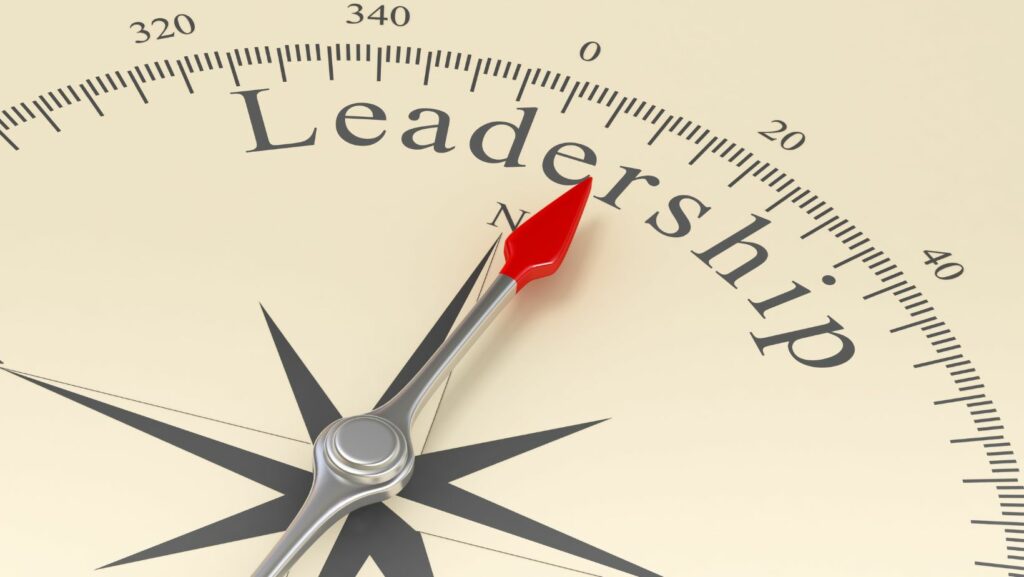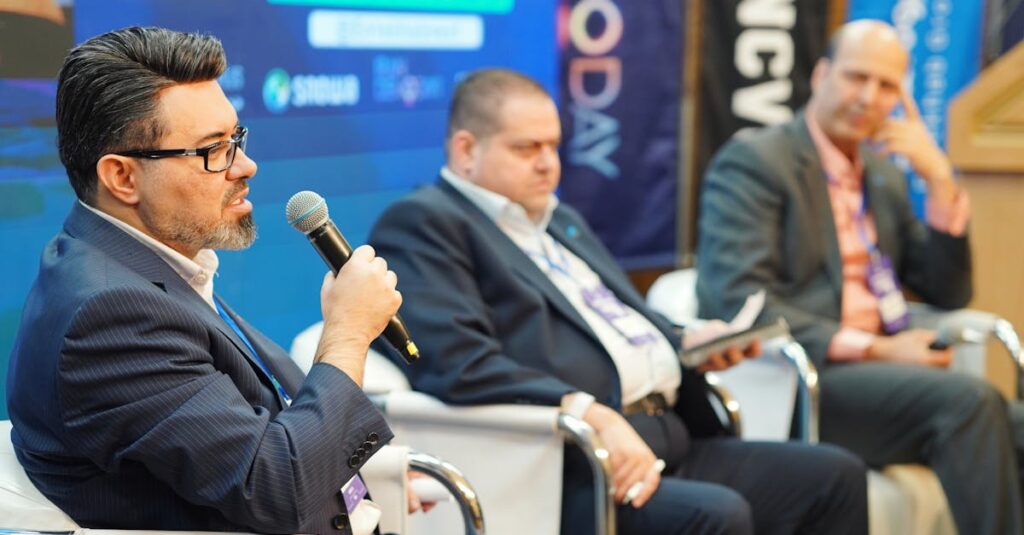Every year, the Leadership Conference on Civil and Human Rights brings together passionate advocates, leaders, and activists dedicated to advancing social justice. This gathering serves as a platform for discussing pressing issues that affect marginalized communities and shaping the future of civil rights in America.
I’ve witnessed firsthand how the conference ignites meaningful conversations and inspires action. With a diverse array of speakers and workshops, it cultivates a space where innovative ideas can flourish and collaborations can thrive. As we explore the challenges and opportunities ahead, the conference stands as a beacon of hope for those committed to equality and justice for all.
Key Takeaways
- Annual Gathering for Social Justice: The Leadership Conference on Civil and Human Rights serves as a vital platform for advocates and leaders to address pressing issues affecting marginalized communities each year.
- Focus on Key Themes: The conference emphasizes critical themes like advocacy for equality and the protection of civil rights, driving dialogues that explore strategies to combat systemic inequalities.
- Historical Significance: Established in 1950, the conference has a rich history of influencing landmark legislation, including the Civil Rights Act of 1964 and the Voting Rights Act of 1965.
- Networking and Collaboration: The event offers ample networking opportunities, fostering partnerships among diverse organizations to enhance collective advocacy efforts and cultural dialogues.
- Impactful Legislative Influence: By serving as a bridge between policymakers and advocates, the conference actively shapes legislation and drives community engagement in social justice initiatives.
- Empowerment Through Education: Workshops and sessions equip participants with actionable strategies to effect change in their communities and strengthen their advocacy efforts.
The Leadership Conference on Civil and Human Rights
The Leadership Conference on Civil and Human Rights serves as a crucial annual event that gathers advocates, leaders, and activists committed to social justice. This conference focuses on pressing issues impacting marginalized communities, including racial equality, voting rights, and economic justice. Through workshops and panel discussions, participants share insights and strategies aimed at driving meaningful change.
 The diverse lineup of speakers includes prominent figures from various sectors, such as government officials, nonprofit leaders, and grassroots organizers. These speakers share their experiences and expertise, inspiring attendees to take action in their own communities. I value how the conference fosters collaboration among different organizations, strengthening the movement for civil rights.
The diverse lineup of speakers includes prominent figures from various sectors, such as government officials, nonprofit leaders, and grassroots organizers. These speakers share their experiences and expertise, inspiring attendees to take action in their own communities. I value how the conference fosters collaboration among different organizations, strengthening the movement for civil rights.
Key sessions often address current legislative challenges and propose actionable solutions. Networking opportunities abound, enabling participants to cultivate relationships that can enhance their advocacy work. The atmosphere buzzes with energy, passion, and a shared commitment to advancing human rights for all.
Historical Background
The Leadership Conference on Civil and Human Rights traces its origins to a rich history of activism and advocacy for social justice in the United States. This conference has evolved into a significant gathering for those dedicated to fighting for the rights of marginalized communities.
Founding and Evolution
I recognize that the Leadership Conference’s founding occurred in 1950, initially aimed at uniting diverse civil rights organizations. Over the decades, the conference has adapted to the changing landscape of civil rights, focusing on various issues such as voting rights, racial justice, and affirmative action. The 1960s marked a pivotal moment, as the conference played a crucial role in mobilizing support for key legislation like the Civil Rights Act of 1964 and the Voting Rights Act of 1965. Its evolution reflects an ongoing commitment to confront systemic injustice and engage new generations in the fight for equality.
Major Achievements
I acknowledge that the conference has accomplished significant milestones in promoting civil and human rights. It successfully lobbied for the establishment of the U.S. Commission on Civil Rights in 1957, which provided a critical platform for monitoring civil rights issues. In recent years, the conference has advocated for the restoration of the Voting Rights Act protections, shaping national conversations around voter suppression. Furthermore, it has facilitated collaborative efforts among various organizations, amplifying the voices of marginalized communities and influencing policy changes that promote social justice.
Key Themes and Objectives
The Leadership Conference on Civil and Human Rights emphasizes critical themes that drive the dialogue and action surrounding social justice. Each theme reflects a commitment to equality and the protection of civil rights for all individuals.
Advocacy for Equality
Advocacy for equality serves as a cornerstone of the conference. Discussions center on strategies to combat systemic inequality related to race, gender, and socioeconomic status. Participants engage in workshops focused on legislative advocacy aimed at strengthening protections for marginalized communities. Speakers share breakthrough initiatives and successful campaigns that demonstrate effective advocacy methods. Collaborative efforts among diverse organizations highlight the power of unified action, enhancing the movement for equality across various sectors.
Protection of Civil Rights
Protection of civil rights stands out as another vital objective of the conference. Key sessions focus on current threats to civil liberties, including voter suppression and discriminatory practices. Experts address legislation affecting marginalized groups and propose actionable solutions to counter these challenges. Participants learn about historical and contemporary battles for civil rights and explore pathways to restore and enhance protections. The conference fosters a proactive approach to safeguarding individual liberties, equipping advocates with the tools necessary to effect change.
Recent Events and Initiatives
The Leadership Conference on Civil and Human Rights regularly hosts events and initiatives that reflect its commitment to advancing social justice. Here’s an overview of some recent activities that demonstrate this ongoing mission.
Annual Summits
The annual summits serve as a focal point for discussion and collaboration among advocates and leaders. Each summit features keynote addresses and panel discussions that tackle pressing issues such as police reform, economic justice, and health equity. Recent summits showcased specific case studies on successful advocacy campaigns, providing insights into best practices. Participants not only share strategies but also develop action plans aimed at mobilizing grassroots efforts towards legislative change. Events feature breakout sessions that allow for localized discussions, empowering attendees to address unique challenges in their communities.
Notable Partnerships
 Notable partnerships enhance the impact of initiatives championed by the conference. Collaborations with organizations such as the NAACP and the American Civil Liberties Union expand the reach and effectiveness of collective advocacy efforts. These partnerships lead to joint campaigns focused on voter registration drives, anti-discrimination legislation, and educational initiatives promoting civil rights. Recent collaborations also emphasize cross-sector engagement, bringing in voices from technology, education, and healthcare to address overlapping issues of inequity. By aligning efforts, these partnerships strengthen advocacy movements and amplify messaging directed at policymakers and the public alike.
Notable partnerships enhance the impact of initiatives championed by the conference. Collaborations with organizations such as the NAACP and the American Civil Liberties Union expand the reach and effectiveness of collective advocacy efforts. These partnerships lead to joint campaigns focused on voter registration drives, anti-discrimination legislation, and educational initiatives promoting civil rights. Recent collaborations also emphasize cross-sector engagement, bringing in voices from technology, education, and healthcare to address overlapping issues of inequity. By aligning efforts, these partnerships strengthen advocacy movements and amplify messaging directed at policymakers and the public alike.
Impact on Society and Policy
The Leadership Conference on Civil and Human Rights significantly shapes societal norms and policy frameworks. The collective efforts of advocates at the conference amplify marginalized voices, fostering essential discussions that inspire legislative change and community action.
Legislative Influence
The conference actively influences legislation intended to uphold civil and human rights. It serves as a critical platform for dialogue between policymakers and advocates. Annual events emphasize solutions to pressing issues, such as voter suppression and discriminatory laws. Attendees gain insights from experts on navigating legislative challenges and advocating for reforms.
The conference has historically played a key role in major legislative achievements. For instance, its advocacy efforts contributed to the passage of the Civil Rights Act of 1964 and the Voting Rights Act of 1965. By providing a united front, the conference strengthens campaigns for new laws that protect civil liberties and foster equality. Participants leave invigorated with actionable strategies to drive legal reforms in their communities.
Community Engagement
The conference enhances community engagement through targeted initiatives and collaborative efforts. Participants create local action plans inspired by successful campaigns showcased during sessions. Networking opportunities enable activists to connect with one another, sharing resources and best practices that extend their reach.
By partnering with organizations like the NAACP and the American Civil Liberties Union, the conference fosters a united approach to tackling systemic issues. Collaborative projects focus on voter registration drives, anti-discrimination campaigns, and educational outreach, boosting community involvement in social justice causes. This grassroots mobilization cultivates a deeper understanding of rights and responsibilities among community members, empowering them to advocate for change effectively.
Efforts Can Lead to Meaningful Change
Attending the Leadership Conference on Civil and Human Rights has been an eye-opening experience that deepens my commitment to social justice. The energy and passion in the room are palpable as advocates come together to share insights and strategies for change.
I’ve witnessed firsthand how this conference not only amplifies marginalized voices but also fosters collaboration across sectors. It’s inspiring to see the impact of collective action in shaping policies that promote equality and justice.
As we move forward it’s crucial to stay engaged and continue advocating for the rights of all individuals. The conference serves as a reminder that our efforts can lead to meaningful change in our communities and beyond.



